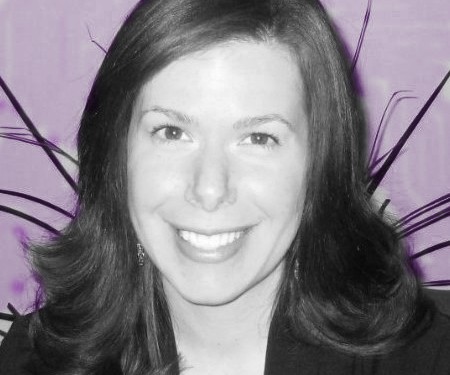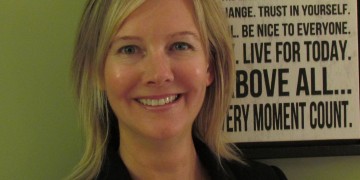Sibel Cicek. Director of Government and Community Relations. Children’s Mental Health Ontario.
Making sure your voice is heard is an important aspect of meaningful work. Speaking up may not come easy to everyone, but it’s an important attribute to have when engaging with decision makers, be they potential employers or policy makers. Good decisions are made knowing all the relevant information, which could include aspects of your personality not found on your resume or important issues of an overlooked stakeholder group. As Sibel Cicek, the Director of Government and Community Relations at Children’s Mental Health Ontario tells us, speaking up is a must in her job as an advocate for child rights and it also helps her convey her commitment to continuous learning to prospective employers. Read on for more of Sibel’s story.
Can you describe your job in a nutshell?
I work as a child rights advocate, helping to raise awareness about children’s mental health issues across Ontario. I lead communications and partnerships for our organization with the goal of helping to reduce the stigma associated with mental illness. My work allows me to connect with people on a policy level and to help ensure they have a voice in political decision-making.
How did you get your current job?
I learned about the position by speaking with one of my mentors. I was informed that the organization was going to be scaling up their public policy work so I contacted their CEO to learn more. At that time, the exact details of the position were still being developed, but when the position was posted, I was invited to apply and then successfully competed for the job.
How did your past life and work experiences help get to where you are today?
I draw a lot on my previous work experiences in my current role. My work with World Literacy Canada helped me to better understand community development and the importance of locally driven initiatives. At Right To Play I was exposed to advocacy at the global level where I worked on an international policy initiative that engaged more than 50 national governments. On that project I learned an incredible amount about policy development, stakeholder relations and meaningful collaboration. I feel very fortunate to be able to draw on these experiences in my current work.
What’s the most fulfilling part of your work?
Striving to bring a human element and a “realness” to the government relations table. If I can bring the genuine concerns and experiences of children and youth to the attention of elected officials and political decision-makers in a way that is sincere and convincing, I know I am doing my job and that feels good.
What advice would you give someone looking to get a meaningful job?
Commitment to volunteerism is very important in the non-profit sector. Most NGOs out there would not be able to achieve what they do without their volunteer base. Being able to demonstrate your commitment to a cause is really important, pick something you like to do and seek out an organization that could use what you have to offer. But don’t look for one-off opportunities. The most useful volunteers are the ones who stick with an organization over time, and your long-term commitment to a cause you believe in is likely to separate you from the pack when applying for meaningful work.
What’s one thing people might not expect to find on your resume?
I think that sometimes it’s the things that aren’t on your resume that make you interesting and well rounded. That’s why it’s important to share your personality with people while job searching and to speak to people about the qualities that you possess that don’t translate so well on paper. I consider myself to be a lifelong student and continuous learner and I challenge myself to take a new course or try a new sport or activity each year. Although I might not have the exact skill or expertise that is needed to do a particular job, my commitment to learning helps potential employers see that growth, both personal and professional, is an important aspect of my personality. Sharing this part of my personality tells them that I am willing to put myself out of my comfort zone in order to grow into a new.
What’s one trend you are seeing that will impact your sector in the next 5 years?
In a word: collaboration. Many community-based non-profits, while doing outstanding work, are sometimes not working together in a way that is most beneficial to the populations they serve. Instead of reinventing the wheel, we need to do a better job of making the time to talk to each other, to share resources and to build on what’s already working.
Want more curated content delivered straight to your inbox?
Follow us on twitter @b_meaningful and like us on Facebook







No Comment